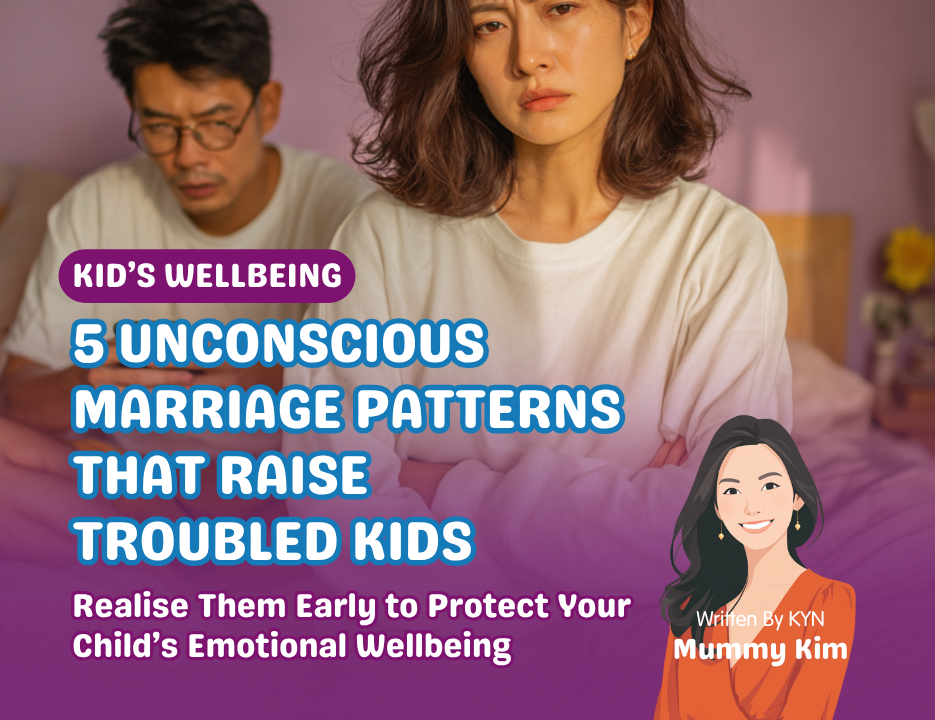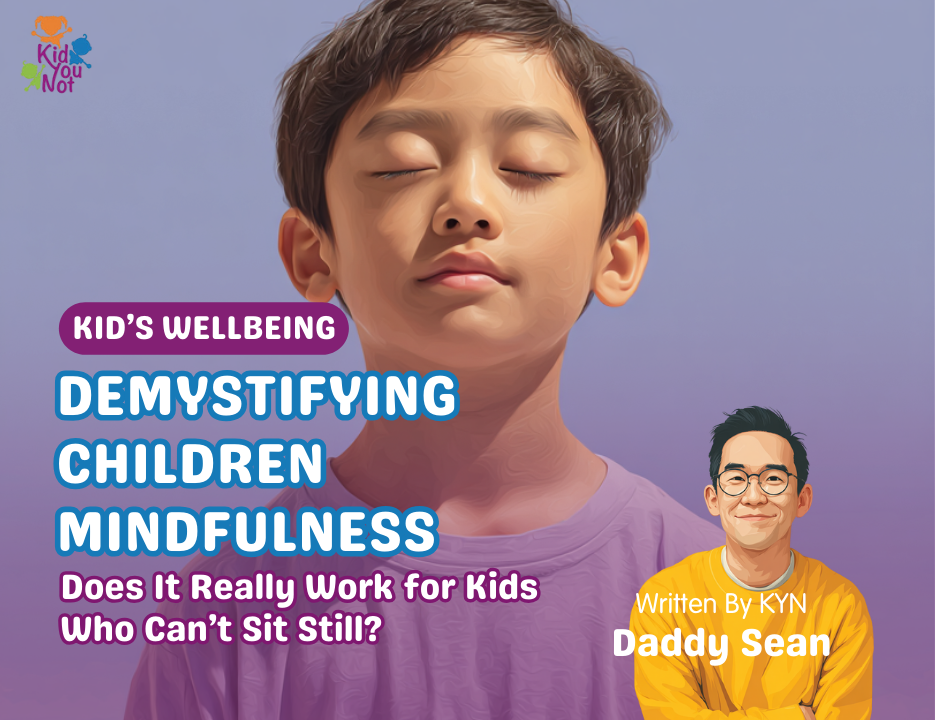Before I became a mum, I thought parenting was all about how I showed up for my children.
But over the years, I’ve realised something deeper how I show up in my marriage shapes the way I show up as a parent.
Our marriage, whether strong or strained, sets the emotional climate at home. Children may not understand adult issues, but they sense tension, silence, or love. They absorb how we communicate, argue, and reconnect, this becomes their first blueprint for love, safety, and relationships.
Before we dive in, it’s important to realise that these patterns aren’t always obvious. Many couples fall into them without even noticing, and the effects on children can be subtle yet long-lasting. Understanding these unconscious patterns helps us reflect on our relationships and make changes that foster emotional security, resilience, and healthy development for our kids.
Here are the five types of problematic marriage patterns that can raise troubled kids:
1. The Conflict-Heavy Marriage
A conflict-heavy marriage is one where arguments, criticism, and emotional volatility dominate daily life. Children in these homes become hyper-aware of moods and often try to “keep the peace” or avoid mistakes. Some develop anxiety, while others act out to release unspoken tension. Even when divorce does not occur, frequent marital conflict has been linked to internalising behaviours like withdrawal and externalising behaviours such as aggression in adolescents. John Shepherd Lim from the Singapore Counselling Centre warns that “constant marital conflict can be equally stressful and unhealthy for a child’s development.”
2. The Emotionally Distant Marriage
An emotionally distant marriage may function smoothly day-to-day, but it lacks warmth, connection, or emotional engagement. Children in these homes often feel unseen or neglected emotionally, which can make it difficult for them to trust others or express vulnerability. They may appear independent, yet struggle internally with connection.
3. The Dominating Marriage
A dominating marriage occurs when one partner controls decisions while the other withdraws. Children raised in these homes learn about power imbalance early and may either imitate control or suppress their own voice. This can affect confidence, assertiveness, and emotional regulation. Research shows that parental dominance and perceived criticism correlate with lower self-esteem and poorer coping skills in children.
4. The Avoidant Marriage
The avoidant marriage is characterised by partners who sweep issues under the rug or emotionally disconnect to maintain a sense of peace. Children in these homes often internalise stress and learn avoidance as a coping strategy, feeling insecure about expressing emotions or addressing problems. Even silent tension between parents can affect children.
5. The Unstable Marriage
An unstable marriage is marked by separation, ongoing conflict, or inconsistent parenting. Children in these environments face long-term disadvantages, including lower academic attainment, emotional insecurity, and a higher likelihood of relationship instability in adulthood. In Singapore, MSF research shows children of divorced parents are less likely to complete university (27.8% vs 37.0%), earn less, have lower CPF savings, and are more likely to divorce themselves.
A Final Reflection
No marriage fits neatly into one category, and many couples fluctuate between these patterns over time. What matters most is awareness. When we nurture our marriage, we nurture the environment in which our children grow. The way we love, forgive, and reconnect becomes their silent lesson about relationships.
Our marriage doesn’t have to be perfect, it just has to be kind enough for our children to believe in love.
Hello! I am Mummy Kim!

A beauty-loving mum who believes that looking good and feeling good go hand in hand. My parenting mantra is raising happy, confident kids with strong self-esteem! Between facial masks and storybooks, I’m all about nurturing both inner and outer beauty, for myself and my little ones.
Join KidYouNot SG Parenting Community
Sign up to become a member and gain access to exclusive parenting tips, special deals, and early updates on new products and events.
Follow us on Instagram and Telegram to connect with other parents, share your journey, and enjoy fun, supportive content every day!





